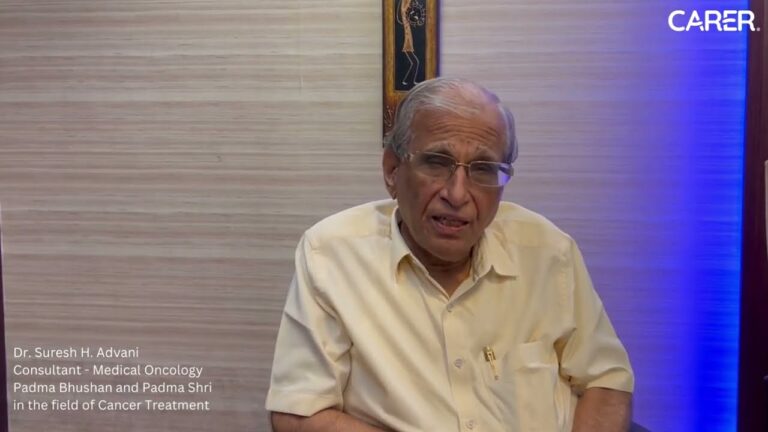Monoclonal Antibodies: A Powerful Weapon Against Cancer

monoclonal antibodies for cancer patients
Cancer is a deadly disease where abnormal cells grow uncontrollably, harming the body. Chemotherapy, radiation, and surgery are just a few of the numerous treatments that scientists have developed throughout the years. One of the newest therapies to combat this disease, which has shown great promise, is Monoclonal antibody therapy.
What Are Monoclonal Antibodies?
Monoclonal antibodies (mAbs) are lab-made proteins that mimic the immune system’s natural antibodies, which are specialised, Y-shaped proteins that identify and eliminate dangerous invaders such as bacteria and viruses. But unlike natural antibodies, mAbs are specifically made to target particular antigens (markers) on cancer cells, helping the immune system in locating and eliminating them.
How Do They Work?
Monoclonal antibodies combat cancer through several targeted mechanisms. These different approaches allow monoclonal antibody therapy to attack cancer more precisely and with fewer side effects than traditional treatments like chemotherapy:
- Marking Cancer Cells – Some mAbs attach to cancer cells, making it easier for the immune system to find and destroy them.
- Blocking Growth Signals – Cancer cells send signals to grow and spread. Some antibodies block these signals, stopping tumor growth.
- Delivering Radiation or Drugs – Certain mAbs carry drugs or radioactive substances directly to cancer cells, killing them without harming healthy cells.
Examples of Monoclonal Antibody Treatments
- Rituximab – Used for blood cancers like lymphoma.
- Trastuzumab (Herceptin) – Effective against HER2-positive breast cancer.
- Bevacizumab (Avastin) – Stops tumors from forming new blood vessels.
Benefits and Side Effects
Monoclonal antibody therapy offers a major advantage over traditional cancer treatments because it is highly targeted, specifically attacking cancer cells and sparing healthy ones, leading to fewer and less severe side effects than chemotherapy. This gives it a significant advantage over conventional cancer treatments. Many people respond well to this medication, although modest side effects like fever, exhaustion, chills, or mild allergic responses are typical. More severe side effects, such as low blood counts, cardiac issues (with some breast cancer treatments), or reactions associated with infusion during administration, are possible for some people. Despite these dangers, monoclonal antibodies are an essential component of contemporary oncology since their accuracy frequently leads to better outcomes and an enhanced quality of life for cancer patients. In order to control any side effects and modify medication as necessary, doctors closely monitor their patients.
The Future of Cancer Treatment
Monoclonal antibodies are at the forefront of a revolution in cancer therapy, with researchers constantly refining them to be more precise, powerful, and personalised. Next-generation mAbs that can target numerous cancer markers simultaneously, overcome treatment resistance, and more efficiently activate the immune system are being developed thanks to advancements in biotechnology. Scientists are also exploring innovative combinations with immunotherapy, CAR-T cell therapy, and targeted drugs to create synergistic treatments that attack cancer from multiple angles. Additionally, breakthroughs in bispecific antibodies (which bind both cancer cells and immune cells) and antibody-drug conjugates (delivering potent payloads directly to tumors) are expanding treatment options for aggressive cancers. With ongoing clinical trials and the rise of AI-driven drug design, the future holds promise for even safer, more effective therapies, potentially turning once-fatal cancers into manageable conditions. These advancements could make personalised, low-toxicity cancer care a reality for more patients worldwide.
Monoclonal antibodies are a groundbreaking cancer treatment that boosts the body’s natural defenses. Although they are not a cure for every cancer, they offer a more intelligent and accurate approach to the disease's treatment, increasing many patients' survival rates and quality of life.









